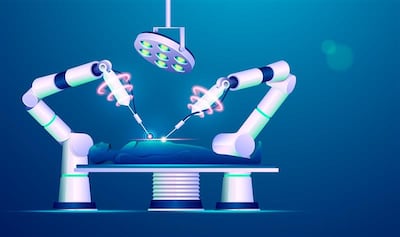The global market for diagnostic and guided interventional cardiology products is forecast to grow from $3.5bn in 2016 to $4.8bn by 2021, at a compound annual growth rate (CAGR) of 6.4%. (See Figure 1.)
This is driven in large part by the continued global burden of cardiovascular disease (CVD), which is responsible for over 17 million deaths annually. The growing elderly demographic, increasing prevalence of risk factors, such as obesity and diabetes, in much of the developed world and continuing high rates of cigarette smoking in parts of the developing world continue to give rise to all types of CVD. This, in turn, translates into a steady flow of CVD patients requiring interventional cardiology devices to manage their condition
Read the full article – start your free trial today!
Join thousands of industry professionals who rely on Medtech Insight for daily insights
- Start your 7-day free trial
- Explore trusted news, analysis, and insights
- Access comprehensive global coverage
- Enjoy instant access – no credit card required
Already a subscriber?






